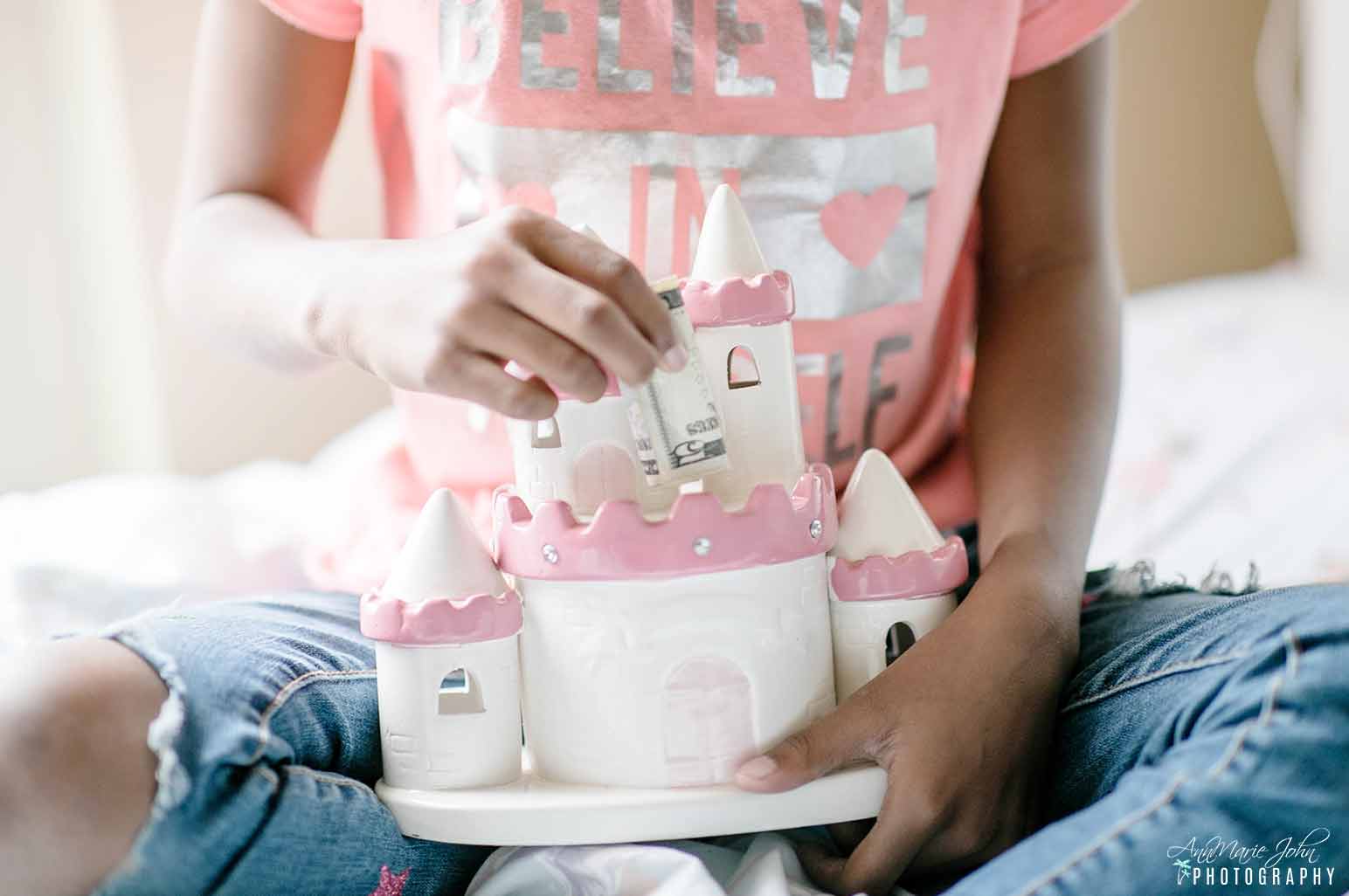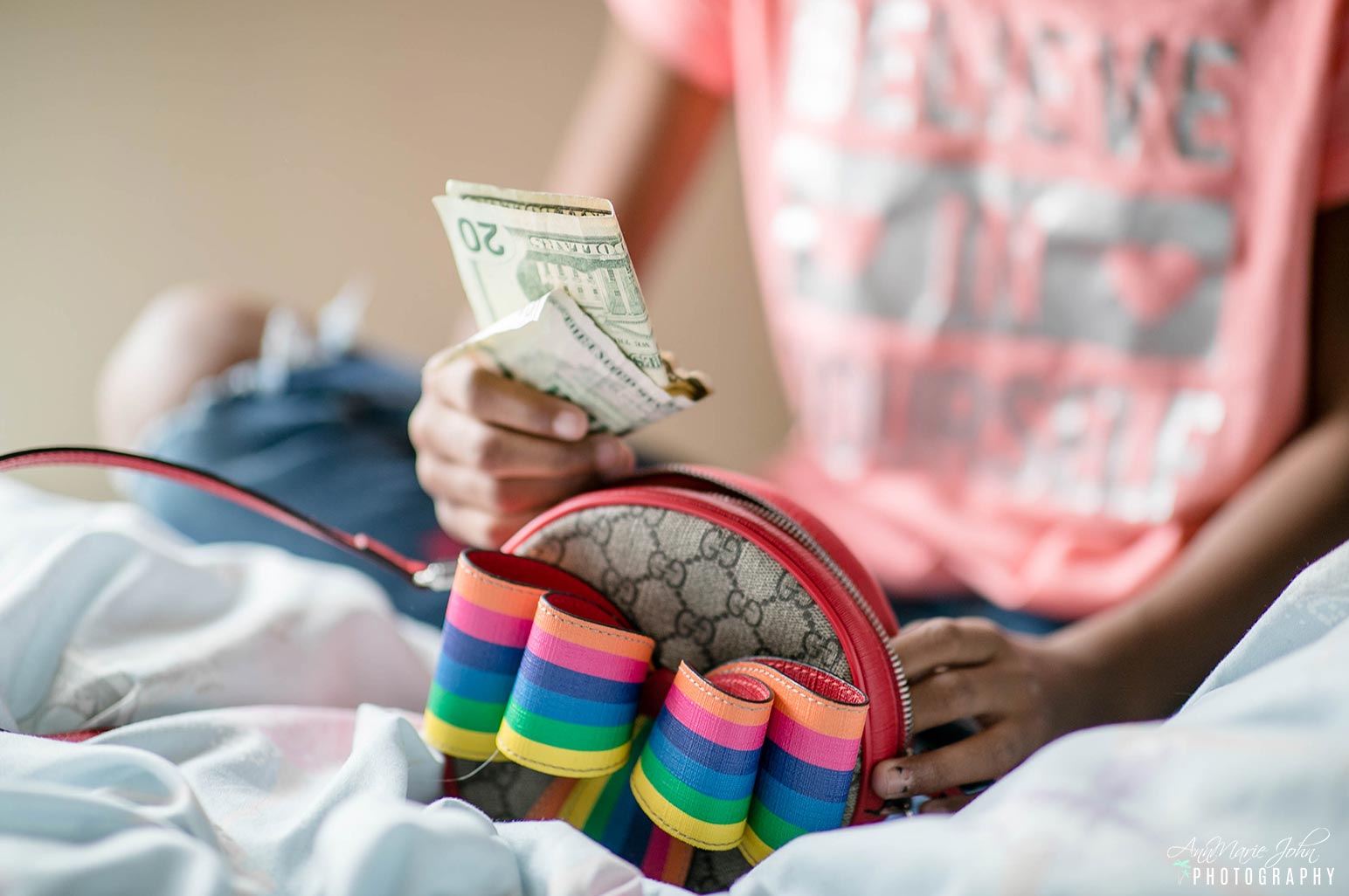
There are a ton of crucial lessons, morals, and positive habits that you’ll want to instill in your child as they grow, to ensure they can handle and look after themselves and others properly. While money might seem like something unimportant and superfluous to a child’s learning, and it isn’t the be-all and end-all of life, helping your little ones to learn about the value of money from a young age is a great way of establishing a strong financial mindset for them going forward.
Want to teach your children about money in a fun way as they grow? Here are a few different tips and tricks that you may want to adopt if you haven’t already.

STARTING OFF SMALL
As a first step, buying your child a moneybox or piggy bank can be a fantastic visual indicator of money, making it into a fun exercise while also teaching them to be patient with accruing funds. If they have a certain toy or game that they want to buy, for example, they can watch as the required amount grows, and gain satisfaction from being able to buy something with money that they’ve saved. This is also a great step for extremely young children that might not yet fully understand the concept of money.
SAVING AND INVESTING MONEY WITH YOUR CHILDREN IN MIND
Want to ensure that your child has a comfortable sum stored away for an important next step later in life, perhaps for a payment on a car or even for supplies for college/university? Many parents have savings accounts for their children that mature as they reach a certain age, granting them access to a fund that can serve as a financial backbone and foundation going forward.

Did you know? – For those that have a little bit more capital saved away and want to invest in something more meaningful for their child’s future, property investment is a tactile, long-standing investment strategy that proves popular with parents wanting to pass on something to their child that will have grown over time. A buy-to-let investment is also something that parents and their older children can work on together as a project.
Interested to find out more? Award-winning property investment company RWinvest has a range of different guides, podcasts, and videos on their site if this seems like something you’d like to get involved in going forward.
LEARNING THE VALUE OF INDIVIDUAL ITEMS AND HARD WORK
Your children might not necessarily know the meaning of how much things cost, and so teaching them this in different ways should help them to be more appreciative of the things that you do for them. You might decide to take your kids shopping with you to the supermarket and get them to help you with the weekly shop, or do something similar to show the importance of budgeting and saving for the things that are important.

Aside from providing your children with pocket money on a regular basis that they can then decide to spend or save on different things, you might also want (if not already doing) to try paying them to do some different chores or jobs around the house. It will help to encourage them to help out when you need them too, being more responsible, and again it will give them a better appreciation for the money that they receive, being more likely to think twice about what they spend it on as a result.
